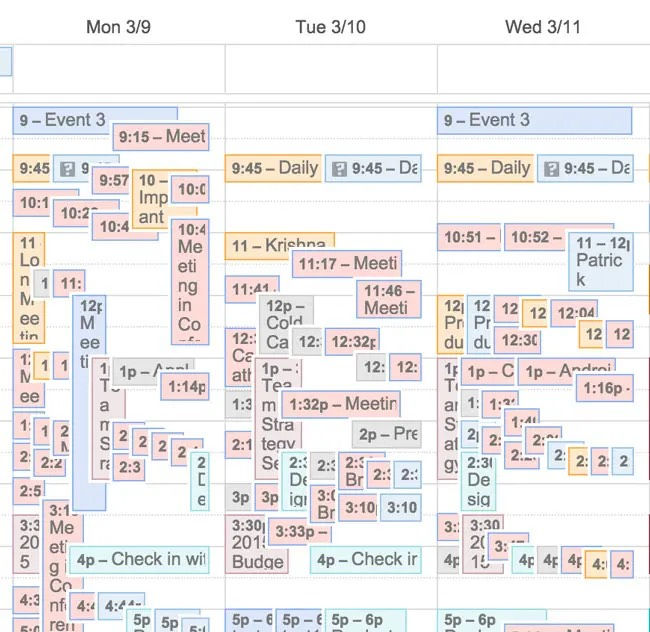Building a Balanced Life: Real Habits for Lasting Health
- Rachel Staples

- Oct 3, 2024
- 3 min read
Living a balanced life isn’t about strict routines or following a perfect plan. It’s about small, sustainable changes that help you feel good both mentally and physically. If you’re looking to feel healthier without overcomplicating things, here are some simple habits you can build into your daily routine.

1. Move in Ways You Enjoy
Forget the idea that exercise has to be grueling or time-consuming. What really matters is finding ways to stay active that you actually like. If you sit at a desk all day, take short walks every hour to keep your body moving. Not a fan of running? Try biking, swimming, or even a dance class. The goal is to get your body moving regularly without feeling like a chore.
Even just 20 minutes of activity a day can have a noticeable impact on your mood and energy. The key is consistency, not intensity.
2. Eat to Feel Good, Not to Restrict
Healthy eating shouldn’t be about following the latest diet trend or cutting out entire food groups. Instead, focus on eating foods that leave you feeling energized and satisfied. A good rule of thumb is to add more color to your meals. Fresh fruits, vegetables, and whole grains can easily boost the nutritional value of what you’re eating without a lot of extra thought.
Balance also means enjoying your favorite foods without guilt. Have the pizza if you want it, but balance it out with some nutrient-rich choices throughout the day. It’s not about perfection, but feeling good in your own body.
3. Prioritize Your Sleep
Sleep is often the first thing to suffer when life gets busy, but it’s crucial for both mental and physical health. Aiming for 7-8 hours of sleep can improve your mood, energy levels, and even your productivity.
Creating a simple evening routine can make a big difference. Whether it’s reading a book or just turning off your phone an hour before bed, small changes can lead to better rest. Good sleep isn’t a luxury—it’s a necessity.
4. Set Boundaries for a Healthier Mindset
Maintaining a balanced lifestyle includes protecting your mental space. Setting boundaries—whether with work, family, or friends—helps you avoid burnout and stay focused on what matters. That might mean not answering work emails after hours or saying no to social obligations when you’re feeling overwhelmed.
Giving yourself permission to take breaks when you need them is part of staying balanced. It helps you recharge and prevents mental exhaustion from creeping in.
5. Hydrate Throughout the Day
Water is often overlooked, but staying hydrated can make a big difference in how you feel. Start your day with a glass of water, and keep drinking it regularly throughout the day. If you’re not a fan of plain water, try adding lemon or cucumber to give it a bit of flavor.
Hydration keeps your energy up, improves digestion, and supports overall health. It’s a small change with big benefits.
6. Stay Connected with Your People
Strong relationships are a key part of a balanced life. It doesn’t have to be anything elaborate—just making time to connect with friends or family can improve your mental well-being. Whether it’s a coffee date, a walk with a friend, or even a quick phone call, these connections provide support and balance in your life.
You don’t need a huge social circle. The quality of your relationships matters more than the quantity. Focus on spending time with people who add value to your life.
The Bottom Line
Achieving balance isn’t about following rigid rules—it’s about making small, consistent changes that support your overall well-being. Move in ways that feel good, eat to fuel your body, protect your mental space, and make time for the things and people that matter. These habits are simple but can make a big impact on how you feel day to day. Balance comes from finding what works for you and making it part of your lifestyle.


